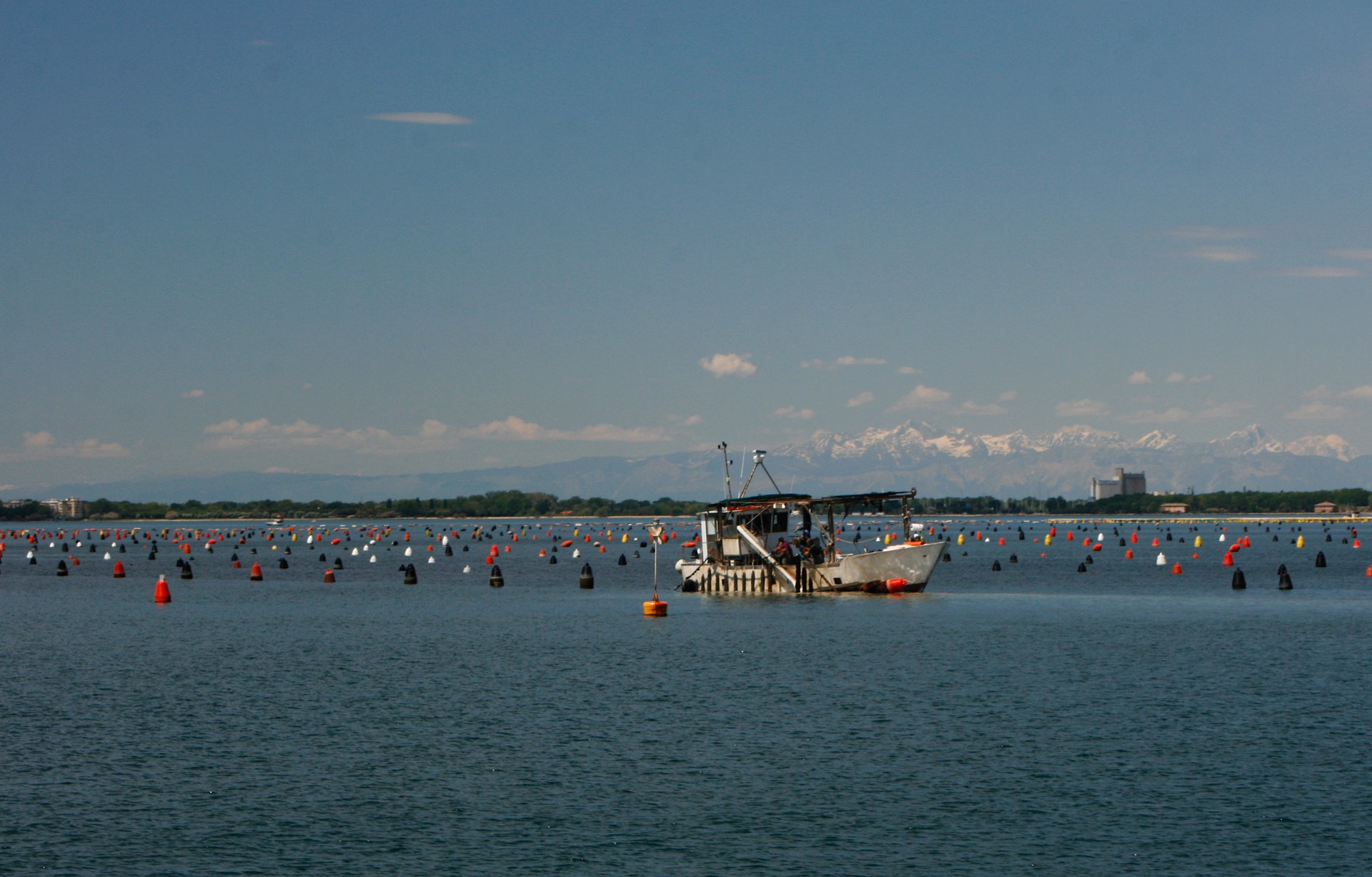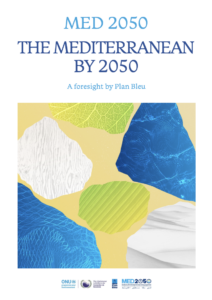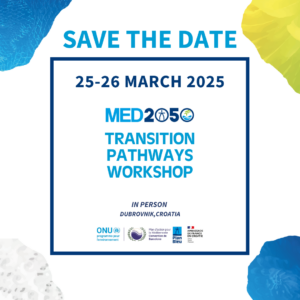
As part of its Programme on the Blue Economy in the framework of the Barcelona Convention, Plan Bleu is moving ahead with its Working Group on Sustainable Aquaculture in the Mediterranean Region. This project is also carried out in the framework of two Interreg Med Horizontal projects: The BG Community and the MBP Community. The French Cooperation and Development Agency (AFD) is supporting the project in this current phase.
The main objectives of the project are to identify and explore innovative solutions to address the main sustainability challenges of the Mediterranean aquaculture sector, and how such solutions could be replicated in other territories, programmes and projects. A roadmap is currently being drawn up, highlighting the main sustainability challenges that have been identified as priorities for the Group, innovative approaches, tools and methods to address them. T he final targets are the contracting parties of the Barcelona Convention.
On 13th of January 2021, Plan Bleu organised the first meeting with the Working Group tasked with preparing this roadmap for a sustainable aquaculture sector in the Mediterranean region. On this occasion, Plan Bleu’s team presented the vision for a sustainability transition with a template for each sustainability challenge, a proposed structure for the roadmap and how the drafting process of the roadmap will work.
Participants were asked to provide inputs on i) the roadmap proposed structure ii) the validation of priority challenges iii) the time horizon & long-term vision iv) the actions, mid-term objectives & long-term vision.
The roadmap must find its place with terrestrial production activities in order to find synergies and avoid competition. Integration into regional and national frameworks is essential both for the blue economy but also beyond that, particularly in terms of agriculture and regional planning. Frederick Herpers, representative of the French National hub of WestMED Initiative, stressed the importance of aligning the roadmap to international, national and regional frameworks: “The strategic objectives can be aligned with relevant institutional targets.”. Marc-Philip Buckhout from Seas At Risk also highlighted the importance of EU strategic documents “EU Commission targets in the Biodiversity Strategy and Farm to Fork Strategy should influence this roadmap. These targets and deadlines can reinforce its operational value.”
From expanding Governance challenges with the coordination between terrestrial spatial planning and maritime spatial planning, integrating technology & innovation to support environmental monitoring (e.g. smart systems for time and space monitoring in aquaculture), circular economy processes, to social challenges with local self-governance and Biodiversity targets (COP 15, post 2020 Biodiversity Framework), the roadmap will be further strengthened.
As for the timeline, the roadmap will be focussing on 2030 as a long-term horizon with a mid-term assessment in 2025, in line with international targets. This will make it easier to generate acceptance among different levels of governments to reach their SDG targets. Finally, one of the proposed actions to be included in the roadmap that stood out was the Monitoring and Reporting of Land Sea Interactions for the Aquaculture Sector. This action could include sub-actions related to impact assessments and risk-management assessments. This action could end up with recommendations from the working group towards how to adapt these plans to LSI and Climate Change impacts.
Plan Bleu is currently integrating these inputs into what will be a first draft of the roadmap which should be ready and presented to the Working Group in February 2021. If you are interested in our work on Aquaculture, please reach out to Dr Céline Dubreuil at: [email protected]












